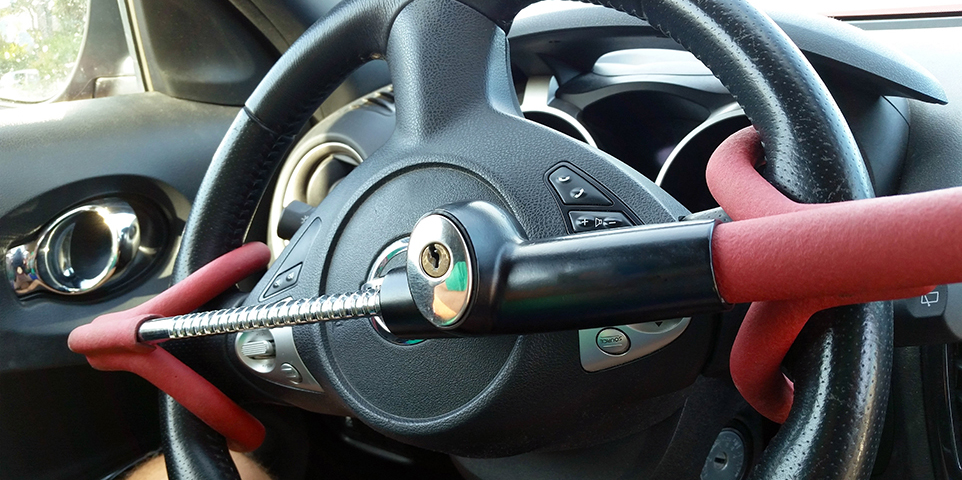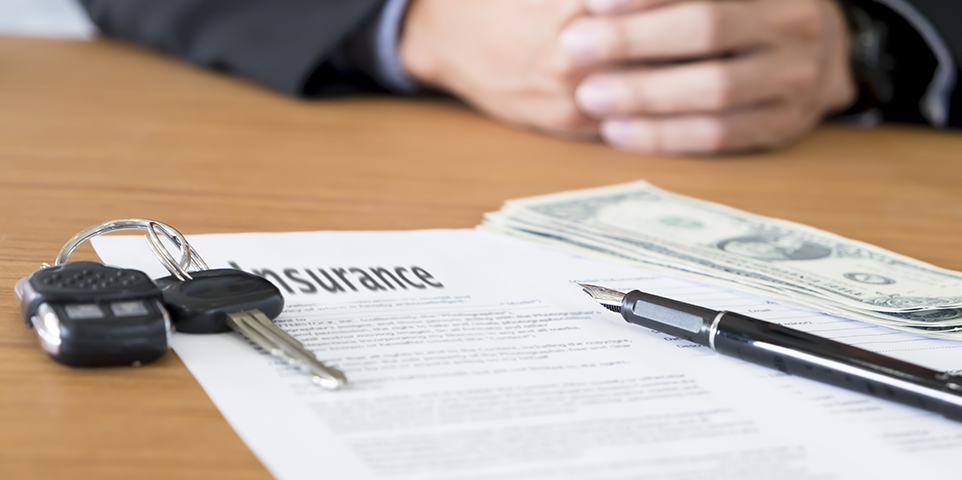If you’re buying a new homeowners insurance policy, you might be wondering how you will pay your homeowners insurance premiums. Is it like paying health insurance where you pay it every month? Or do you have the option of paying it in full every year or every six months like you do with your car insurance? Actually, there are several different ways that you can pay your homeowners insurance, so here are a few ideas so that you can decide which way might be best for you.Home Insurance
Roll it In
One of the more common ways to pay for your homeowners insurance is to roll monthly payments in with your mortgage. This makes your payments easy because you have just one check to write or automatic bank draft to set up each month. In fact, many people also roll their yearly property taxes into their mortgage payment as well, simplifying everything even further.
You may be wondering, though, how your homeowners insurance payment gets from your bank to your insurance company. Well, the system uses something called an escrow account; basically an escrow account holds the extra money from your mortgage payment until it’s sent to your insurance company, probably on a quarterly basis.
While many people choose to use this method to pay for their homeowners insurance, you don’t have to go this route. Maybe you prefer to keep tabs on exactly what you’re paying for your mortgage and your insurance separately, or maybe your home is completely paid off so that you don’t even have to make a mortgage payment. If this is the case, you’ll have some other options.
Monthly or Quarterly Payments
This is probably the second most common way to pay for homeowners insurance. Like all your other payments, you’ll simply write a check or set up an automatic bank draft to send a payment to your insurance company once a month or once every three months. Either way, your payment will probably have to be made by a certain date.
A once-a-month check has the advantage of splitting up your payment into each month’s budget. If you’re not very good at disciplining yourself to save money each month so that you can make a quarterly payment, you may go for this option. Making a quarterly payment, on the other hand, can gain you a few bucks a year in interest; simply put a month’s worth of insurance premiums in an interest-gaining account each month, let it gain a little interest, and then make your payment every three months.
Yearly Payments
Most homeowners insurance policies are set up with a yearly premium that the insurance company just splits up to give you your monthly or quarterly payment. If you have the cash to make a payment once a year, talk to your insurance company because you may get a discount for paying the total premium at the same time.
On the other hand, though, doing it this way may restrict your ability to switch insurance providers. If six months into the year you’ve already paid for you find another insurance provider who would charge you hundreds less in premiums, you’re still pretty much stuck with the company you’ve already paid for. There are definitely no refunds when it comes to homeowners insurance premiums.
As you can see, you have a lot of options for paying for your homeowners insurance, so it’s up to you to choose the option that suits you best.
For More Information Please Visit:http://homeinsuranceagents.com







